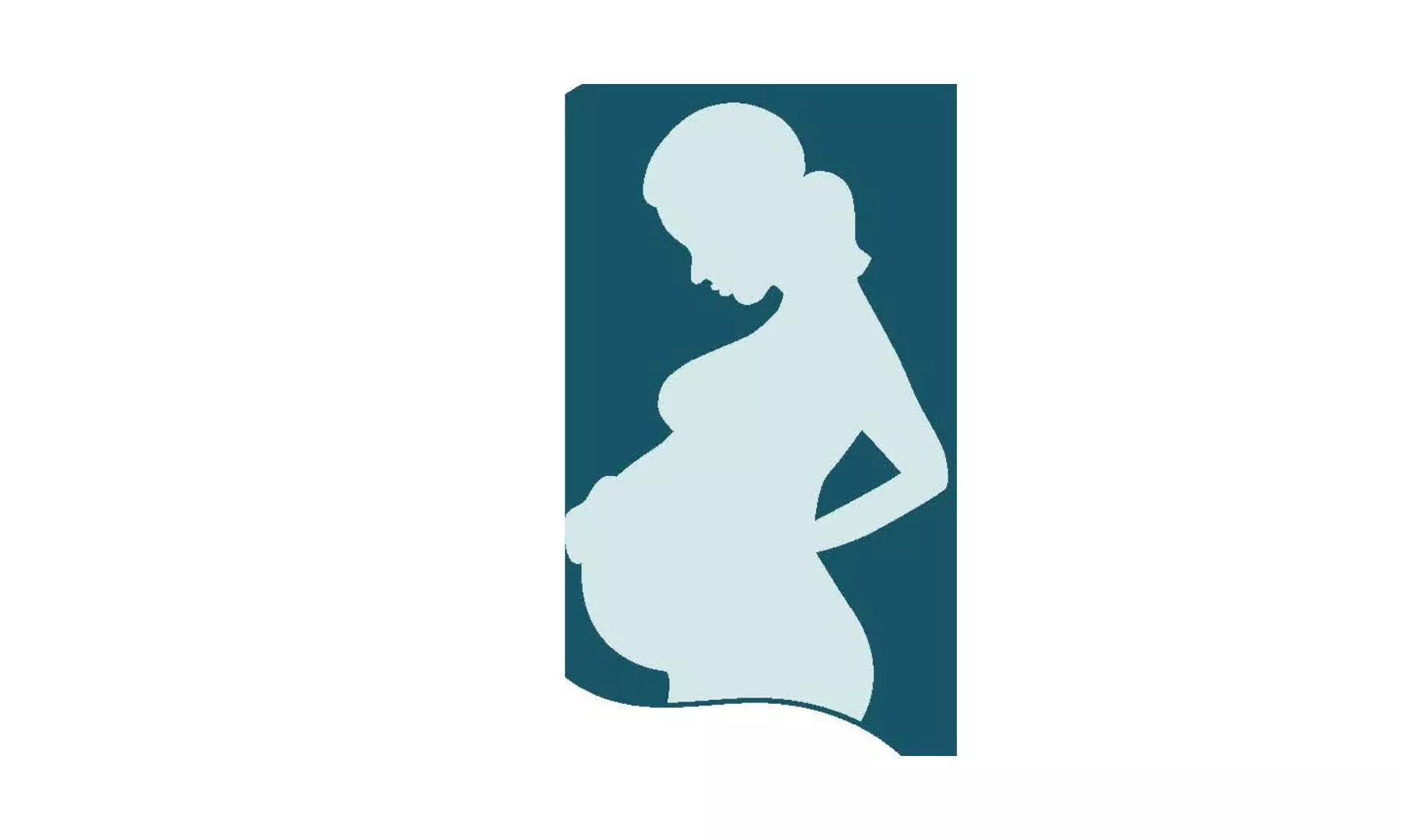Overcoming Obstacles: Challenges for Pregnant Women with Sickle Cell Disease
Dr. M Prathyusha Reddy, Consultant Obstetrics & Gynecology, MBBS, MD, BirthRight by Rainbow Hospital writes about how Sickle cell disease (SCD), poses unique and significant challenges for women during pregnancy

Women planning pregnancy should be educated about sickle cell crisis. Risk factors include dehydration, cold, and overexertion. Nausea and vomiting resulting in dehydration may precipitate crisis. (Image: Twitter: @SCDAAorg)
Sickle cell disease (SCD), poses unique and significant challenges for women during pregnancy. It is a group of inherited single gene autosomal recessive disorders caused by the sickle gene, which affects haemoglobin structure. India has 2nd highest burden of Sickle Cell Disease globally, following Nigeria. About 3,00,000 children are born with sickle cell disease each year, 2/3rd of these births are in Africa.
Preconceptional Care
1. Women with Sickle Cell Disease should be seen preconceptionally and counselled about the effects of it. They should also be addressed about contraception, additional advice about vaccination, medication and crisis management.
2. Sickle cell disease (SCD) is associated with both maternal and fetal complications with increased incidence of perinatal mortality, premature labor, fetal growth restriction and acute painful crisis during pregnancy. Some studies also show increase in spontaneous miscarriage, infection, thromboembolic events, antepartum haemorrhage and delivering by caesarean section.
Women planning pregnancy should be educated about sickle cell crisis. Risk factors include dehydration, cold, and overexertion. Nausea and vomiting resulting in dehydration may precipitate crisis.
The risk of worsening anaemia, increased risk of crisis, acute chest syndrome, risk of increase infection – especially urinary tract infection during pregnancy.
Vaccination status should be determined and updated before pregnancy.
Patients with sickle cell disease are at increased risk of infections particularly from bacteria such as Neisseria meningitidis, streptococcus pneumoniae and Haemophilus influenzae. Penicillin prophylaxis is given to all the patients with Sickle cell disease.
Other vaccination includes haemophilus influenzae type B, conjugates meningococcal vaccine as a single dose, pneumococcal vaccine once in every 5 years and Hepatitis B vaccination should be given.
Folic acid should be given preconceptionally and continued throughout pregnancy to prevent neural tube defects.
Women with sickle cell disease are at higher risk of complication such as preeclampsia, eclampsia, and hypertensive disorders, therefor blood pressure, presence of proteinuria should be assessed at each visit.
Maintaining proper nutrition, adequate hydration, adequate pain management, preventing infections are crucial for managing sickle cell disease in pregnancy.
Navigating pregnancy with sickle cell disease requires a multifaceted approach to manage the heightened risks and complications. By understanding and addressing these unique challenges, healthcare providers can better support these women, ensuring safer pregnancies and healthier outcomes for both mothers and babies.
As medical research and prenatal care continue to advance, it is crucial to develop tailored strategies and provide robust support systems to improve the quality of life for women with SCD during pregnancy.
The article is authored by Dr. M Prathyusha Reddy, Consultant Obstetrics & Gynecology, MBBS, MD, BirthRight by Rainbow Hospitals, Banjara Hills, Hyderabad
( Source : Guest Post )
Next Story

